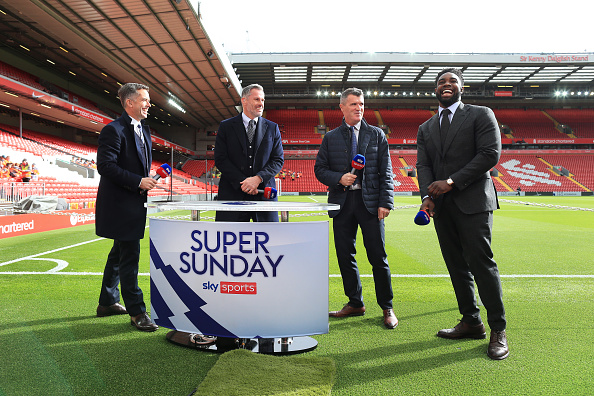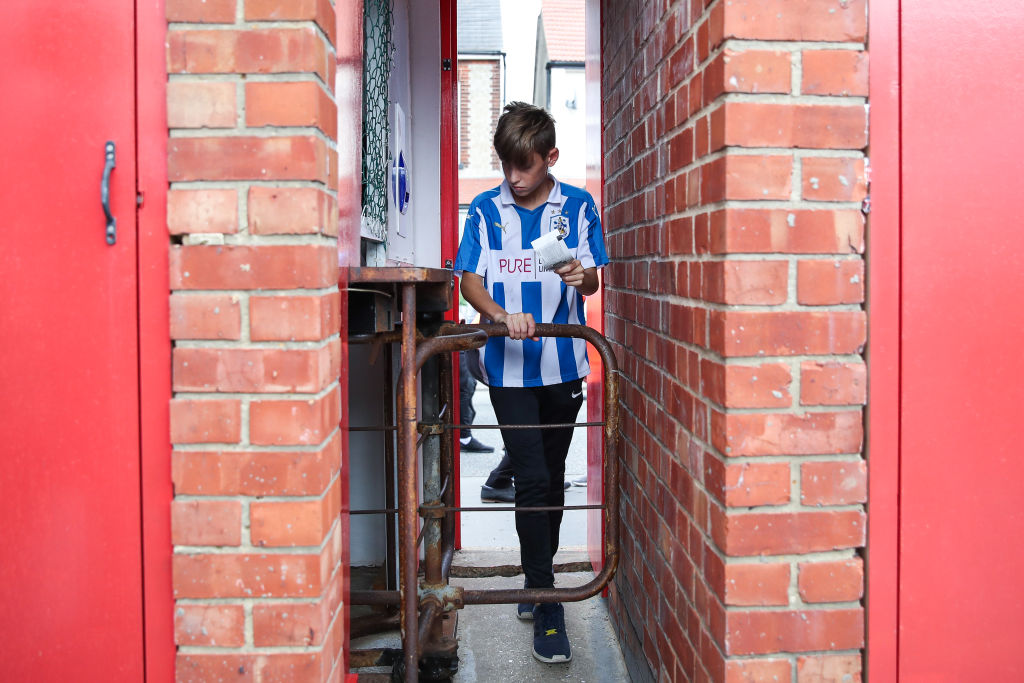Why Premier League’s new TV deal shows clock is ticking for Saturday 3pm blackout
If the value of domestic rights is to keep growing, something will have to give.



Was that the sound of a clock ticking ever louder when the Premier League announced its new £6.7bn domestic TV rights deal with Sky Sports, TNT Sports and the BBC this week?
Because while the headline figure represented yet more growth in the sum that England’s leading football teams will draw on from 2025, it came at a price.
Once again, league chiefs increased the number of games available for live broadcast so, once again, the value per game has fallen.
And that means time may be running out for a model that preserves the Saturday 3pm blackout that England has long held dear.
Selling media rights is one of the Premier League’s main jobs and arguably what it does best, but that has made a rod for its own back.
So accustomed are clubs to TV income rising every few years – and so eager are some critics to declare that the bubble has burst – that it is under pressure to keep delivering bumps.
From its initial domestic rights deal for 1992-97, worth £43m a year, to the latest renewal, which equates to £1.765bn a year, it has been a golden goose that just keeps laying.
But the landscape is changing owing to digital disruption, an increasingly fragmented media and pressure on consumer spending.
Europe’s other major football leagues have seen the value of their TV rights shrink and the Premier League hasn’t been immune, hence its willingness to sell ever more live games.
For the 2022-25 rights cycle, the number of matches sold for broadcast was 200 out of a total of 380; for the next one it is 267.
Talk of the bubble bursting is wildly premature. The deal is still by far the biggest in domestic club football, almost double what nearest rival Germany generates.
Overseas broadcasters are more willing than ever to pay up for Premier League games to the extent that the international rights are now worth more than the UK and likely to rise again.
The amount Sky, TNT and the BBC are prepared to pay has perhaps “plateaued, but it’s plateaued at an exceptionally high level”, says Alex Fynn, one of the league’s architects.
Maintaining growth in domestic rights value, however, will likely mean offering yet more games for broadcast. And if that is the case, there is only one way left to go.
The only fixtures that will not be shown live on Sky or TNT under the new deal are those being played in the increasingly endangered Saturday 3pm slot.
For the time being, they remain protected by England’s voluntary adoption of a European football bye law allowing countries to implement a live coverage blackout in order to protect attendances further down the pyramid. But they are now the only thing left to sell.

The blackout is something of an anomaly, observed only by England, Scotland and Montenegro, and has come under increasing pressure.
Streaming platform Eleven Sports challenged it by showing matches from Spain’s LaLiga during the slot but lost a legal battle and had to abandon the ploy.
UK broadcasters have indicated that they are open to scrapping it and some lower league clubs have supported the move, despite the threat to their main source of income.
But the Premier League has remained behind it, with chief executive Richard Masters saying earlier this year: “I don’t see that changing in the near term”.
Perhaps women’s football will prove the catalyst to doing away with the protected slot.
There is momentum behind calls for the Saturday 3pm blackout to be lifted for Women’s Super League fixtures, a move designed to give the game a dedicated showcase without going up against televised men’s games.
It is not hard to imagine, however, that once the genie is out of the bottle pressure will grow to get rid of the broadcasting ban altogether.
The clock is ticking and if the rights deals are to keep getting bigger then something will have to give.



